Bring Genetics Vocabulary to Life in Your Classroom! These vocabulary cards are perfect for building an interactive word wall, helping students master key terms while exploring complex concepts in a visual and accessible way. An essential resource for facilitating learning in science!
This resource includes 50 flashcards with the most relevant vocabulary for the topic of genetics!
Each word comes with a definition and an illustration to help explain the term.
The cards are letter-sized, and I’ve included a small video to show you how to print them smaller.
If you feel like there’s a word missing, feel free to leave me a comment, and I’ll happily add it.
Included Vocabulary:
- Food chain
- Food web
- Trophic pyramid
- Trophic levels
- Producers
- Consumers
- Primary consumer
- Secondary consumer
- Tertiary consumer
- Decomposers
- Herbivore
- Carnivore
- Omnivore
- Scavenger
- Individual
- Population
- Community
- Ecosystem
- Habitat
- Suited
- Survive
- Thrive
- Competition
- Adaptation
- Organism
- Biotic
- Abiotic
- Biome
- Terrestrial biome
- Aquatic biome
- Estuary
- Lake
- Ocean
- River
- Deciduous forest
- Rainforest
- Savanna
- Taiga
- Tundra
- Desert
- Photosynthesis
- Root
- Stem
- Leaf
- Sunlight
- Water
- Air
- Oxygen
- Carbon dioxide
- Glucose
Ideas for Using This Resource:
1. Active Word Wall: Use the cards to create a word wall in your classroom, adding new words each week. Students can refer to the wall during lessons or activities related to genetics.
2. Word Scavenger Hunt: Organize a classroom scavenger hunt where students must find the vocabulary cards that match definitions or examples given to them.
If you liked this resource and it was useful for your class and students, follow my store for more products.
Don’t forget to leave a REVIEW on this product to earn TpT credits that you can use to buy more resources!
Looking for this resource in Spanish? Here’s the link:
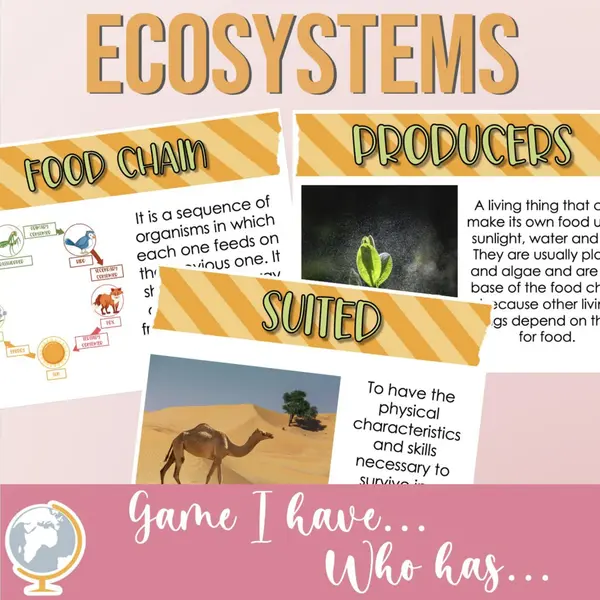
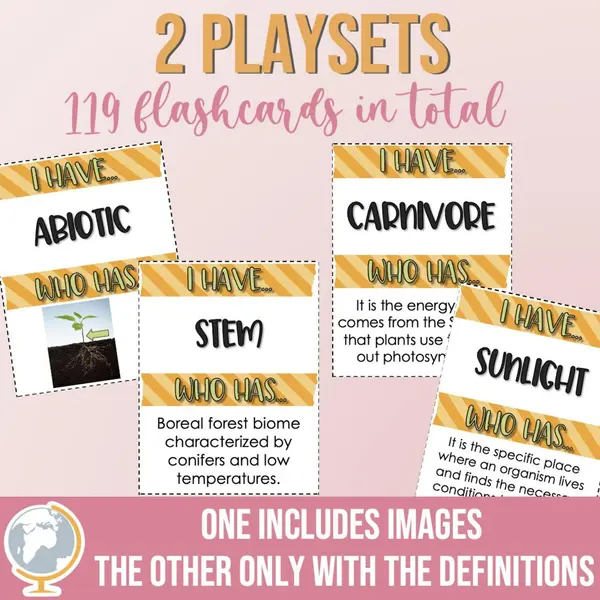
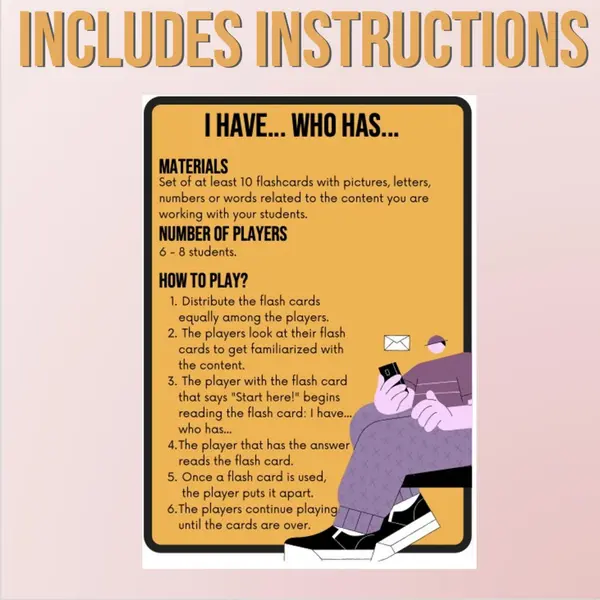
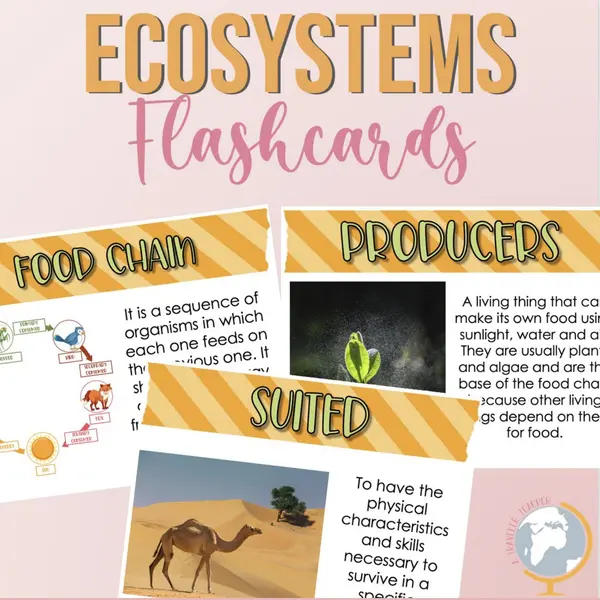
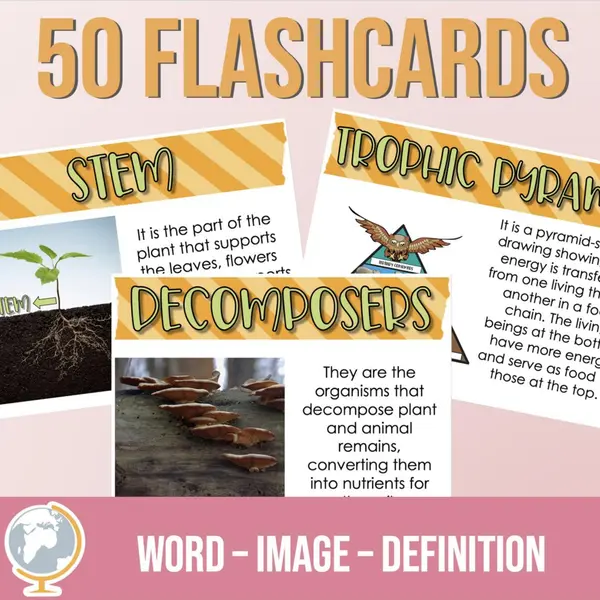
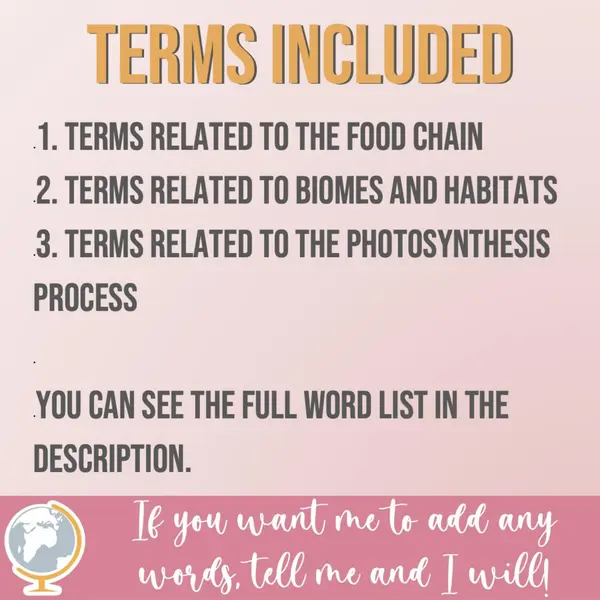
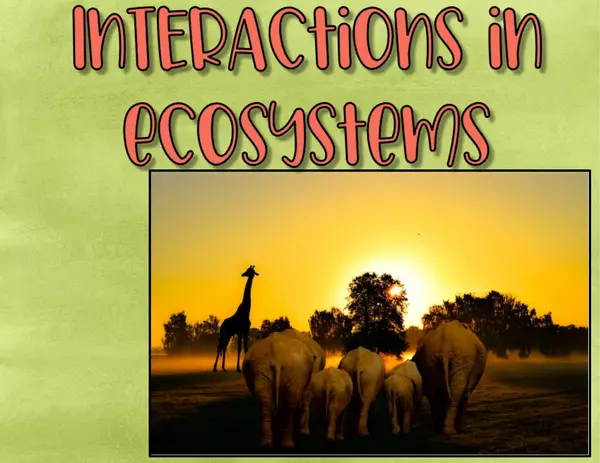
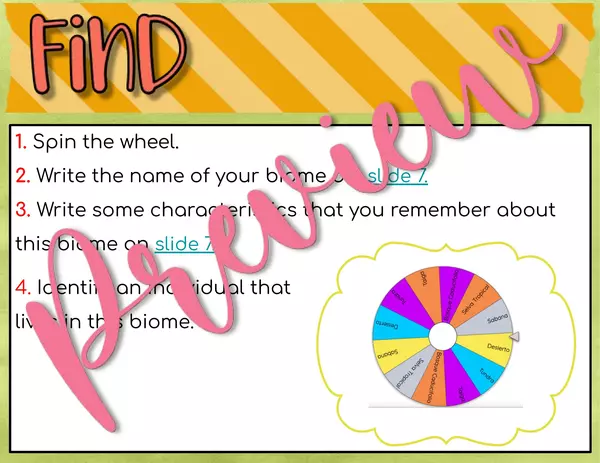
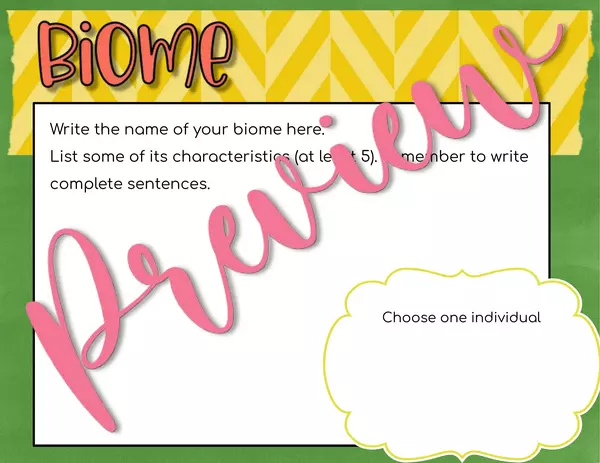
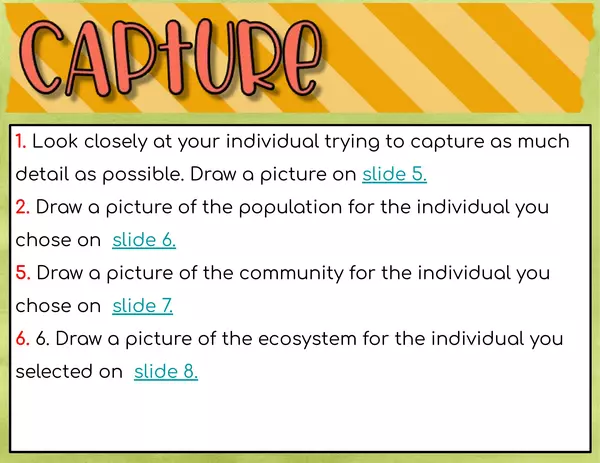
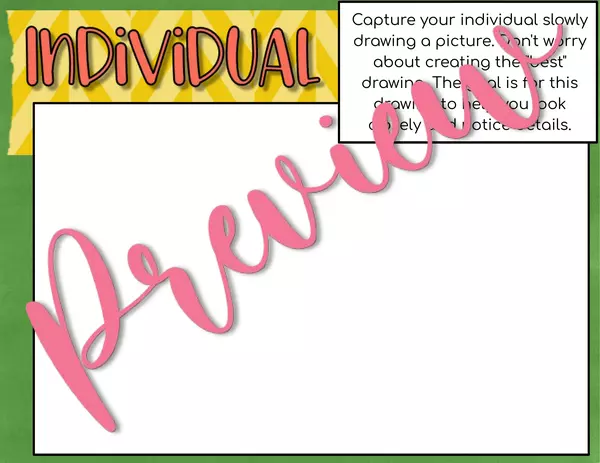
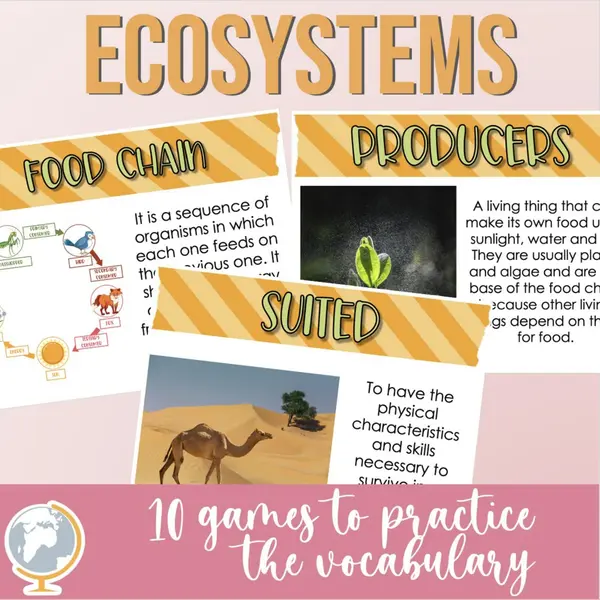
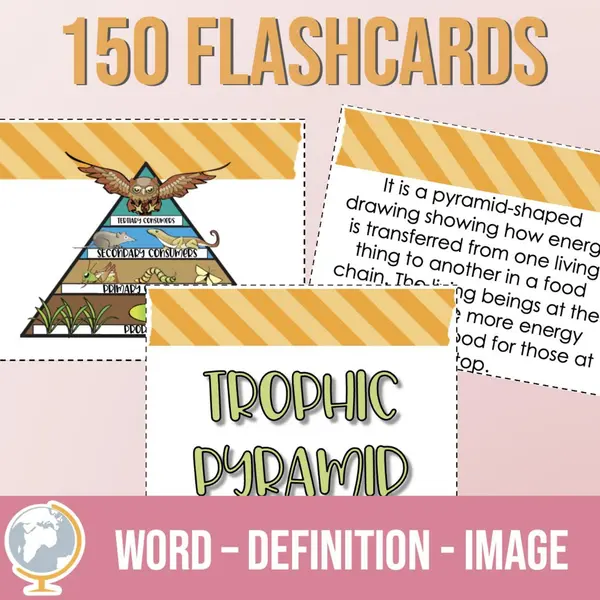
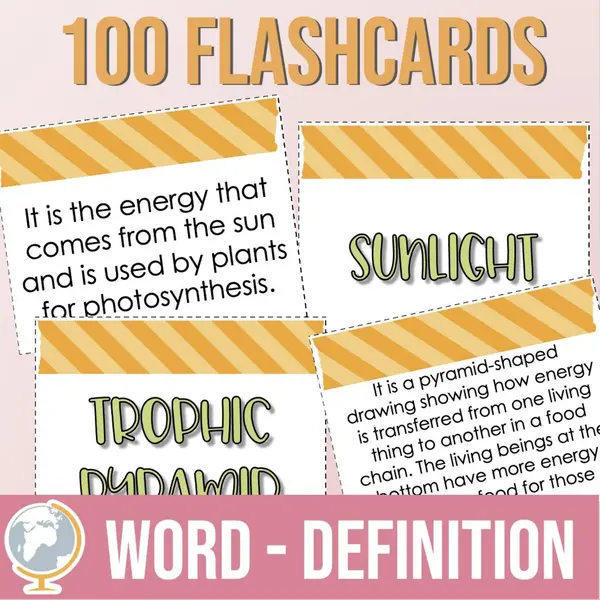
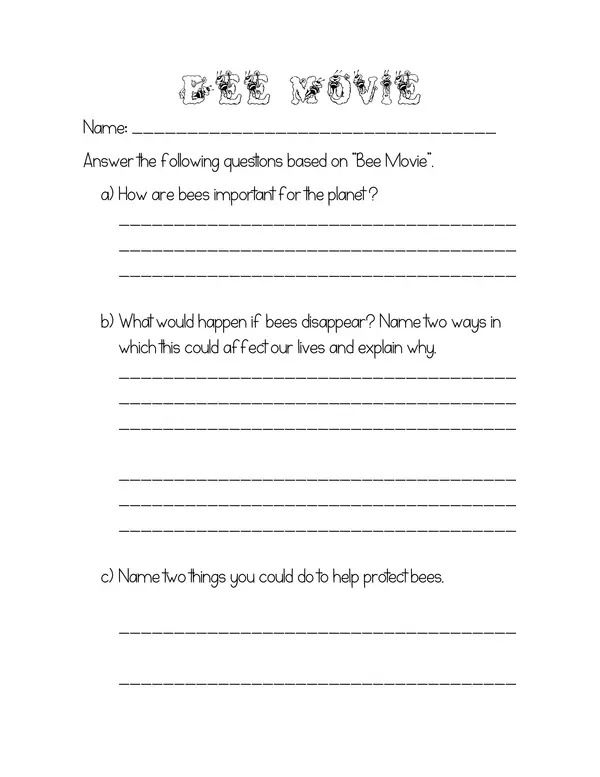
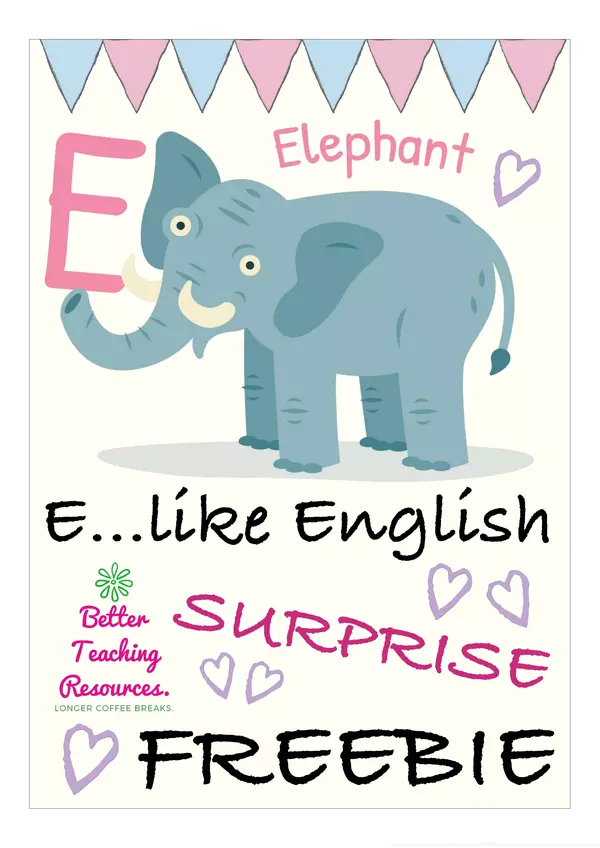
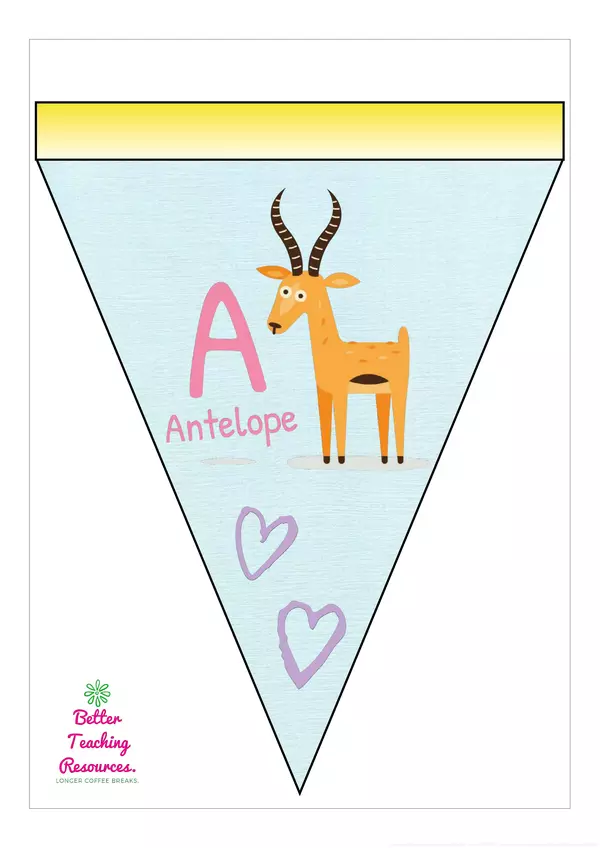
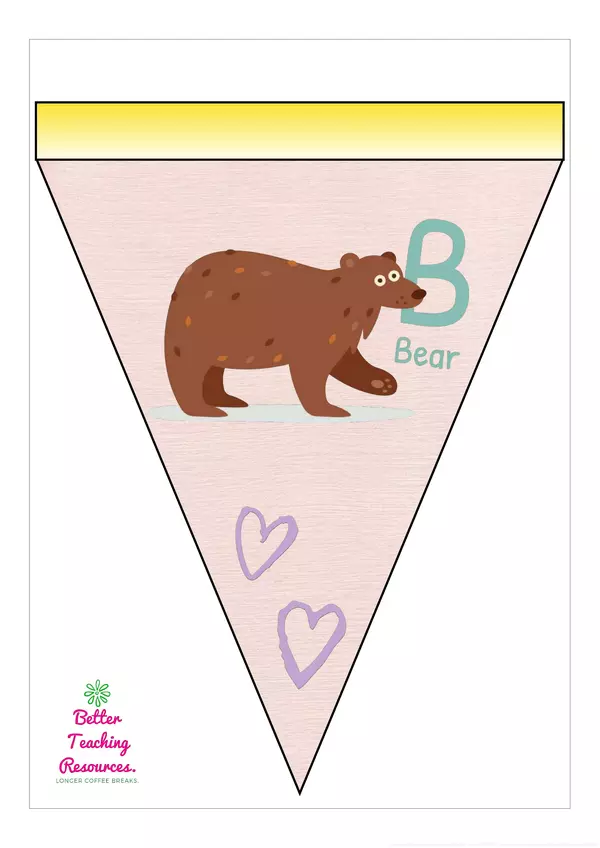
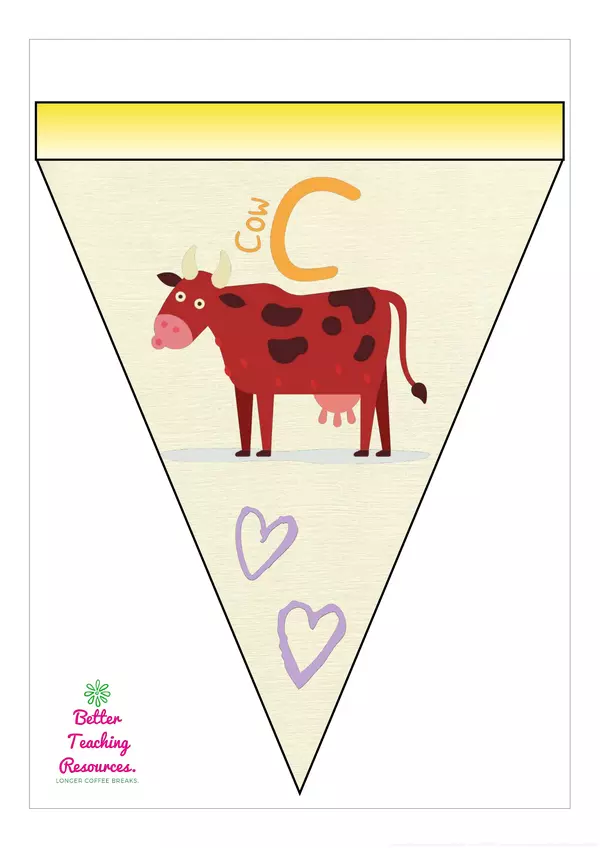
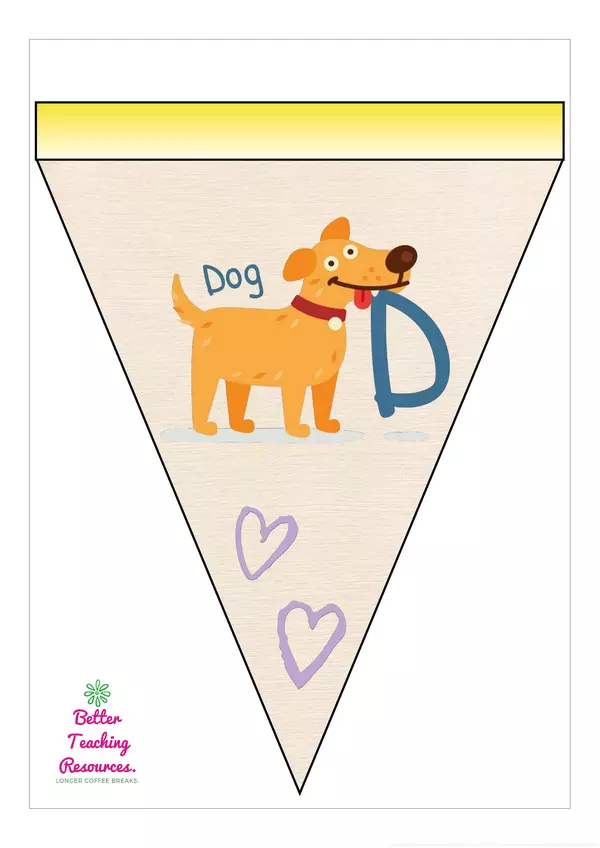
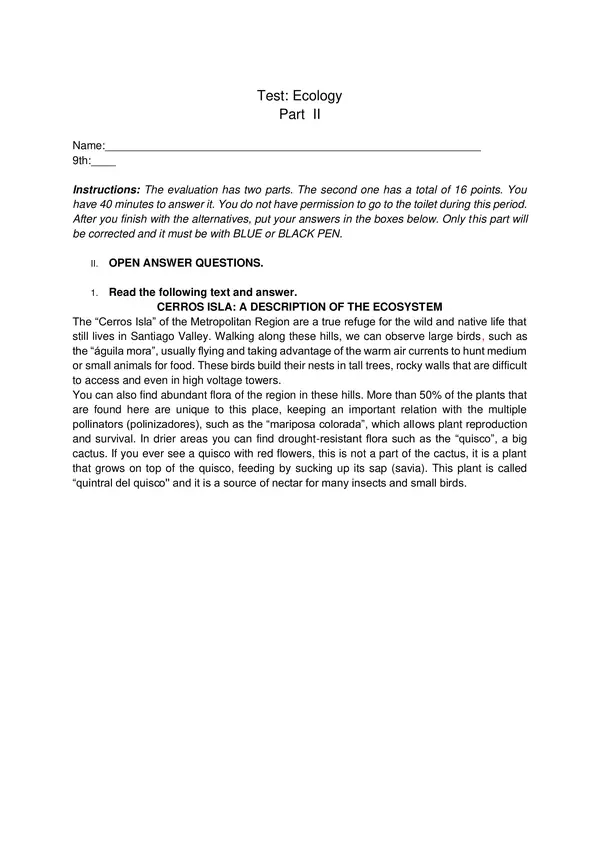
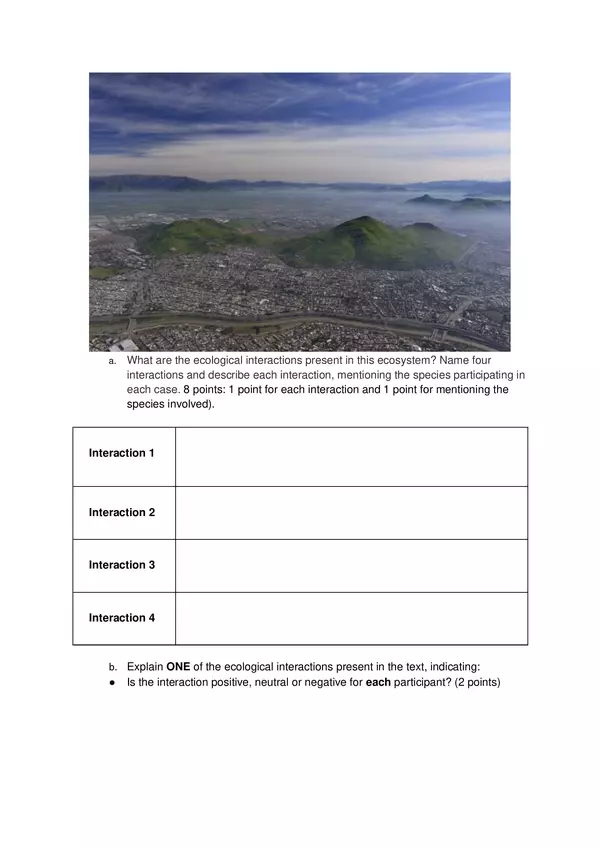
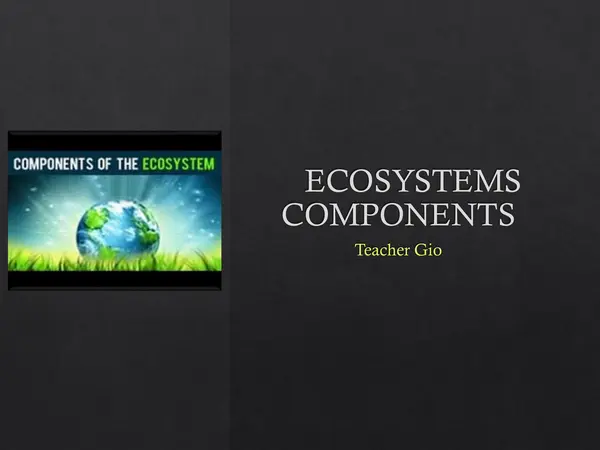
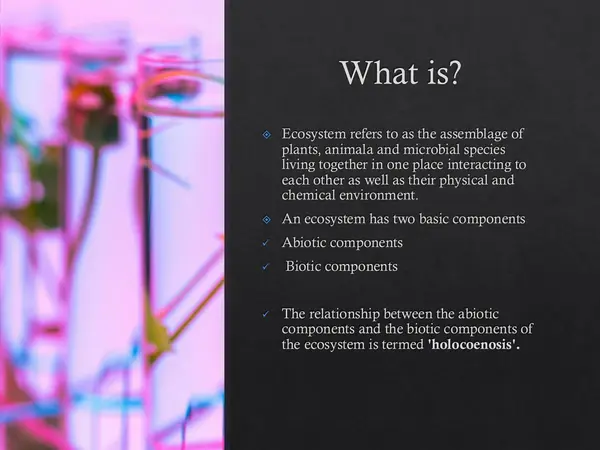
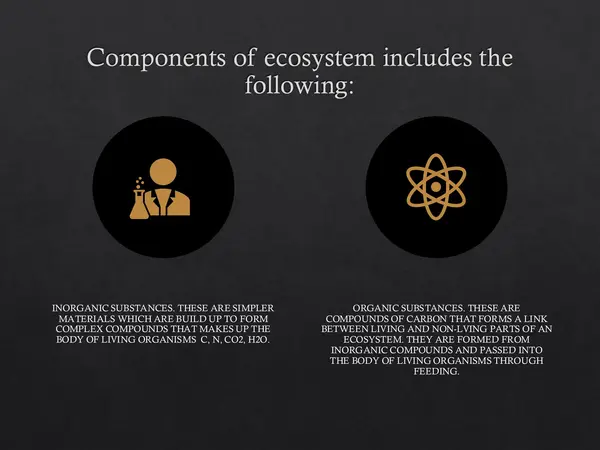
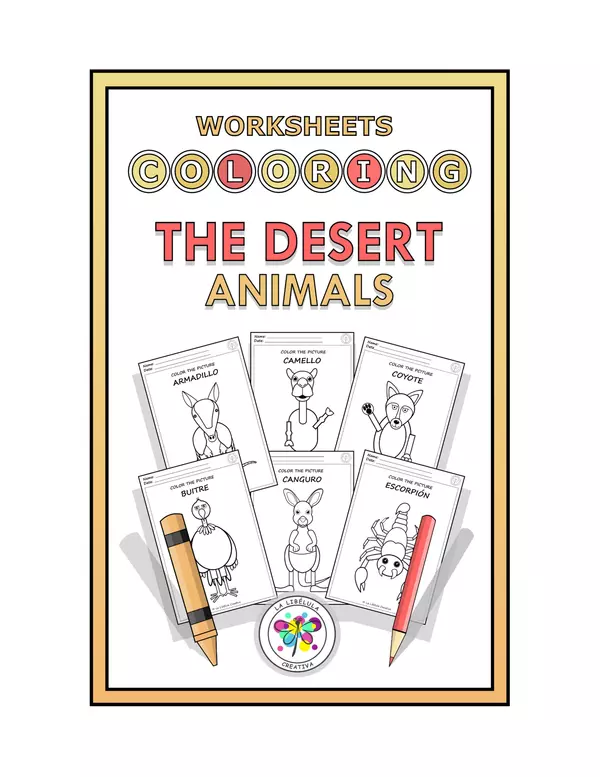

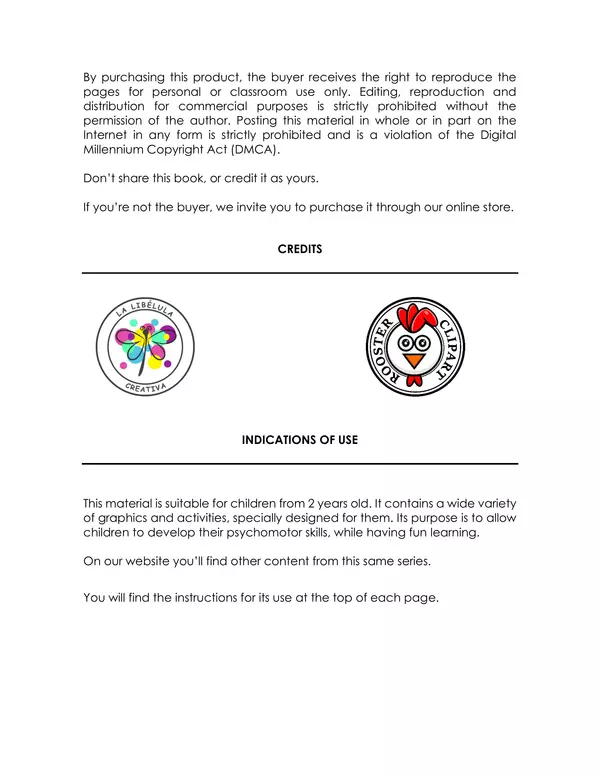
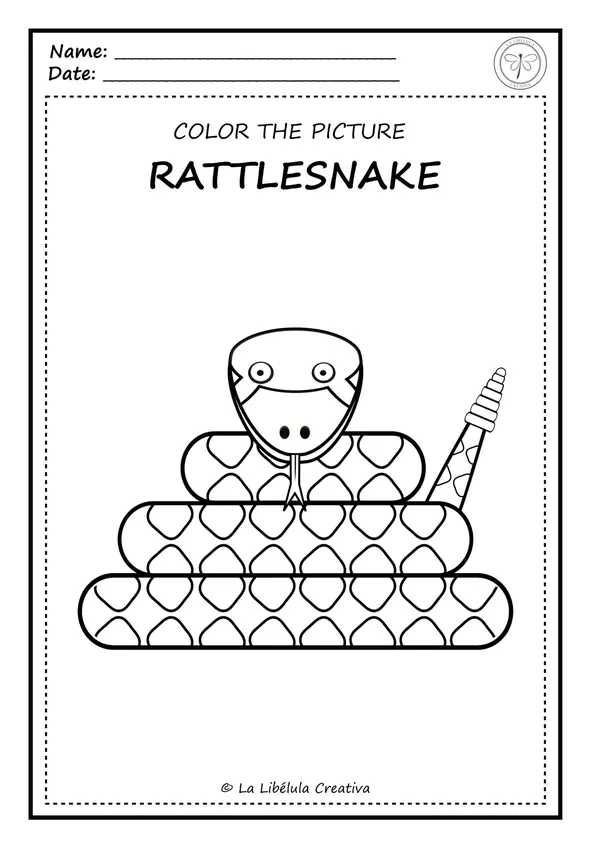
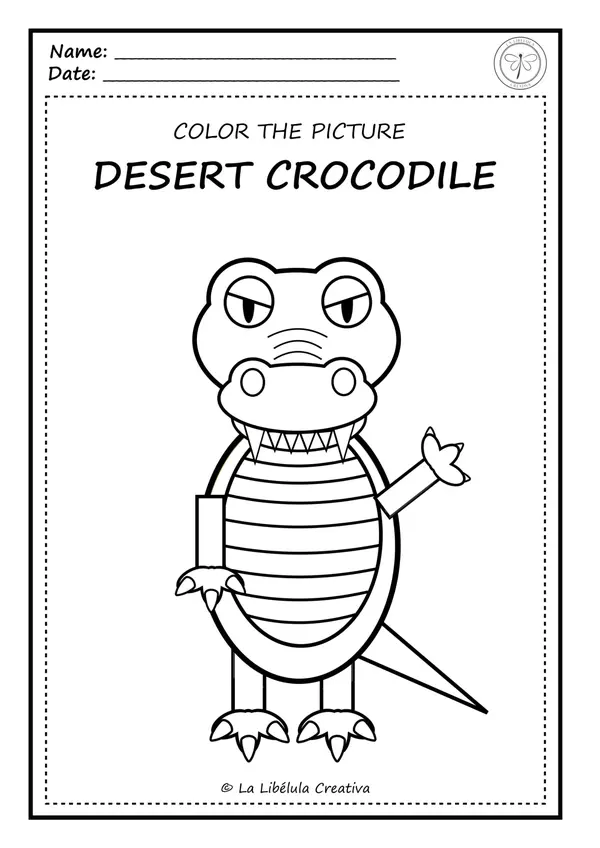
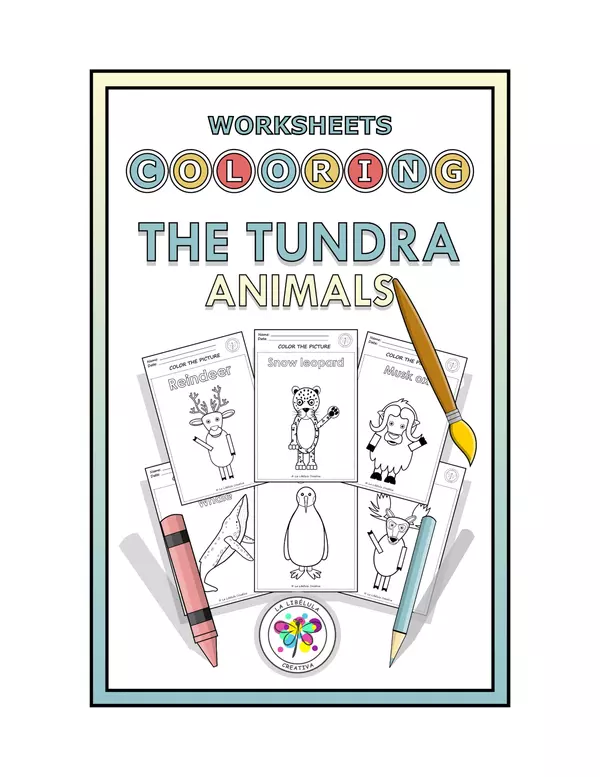

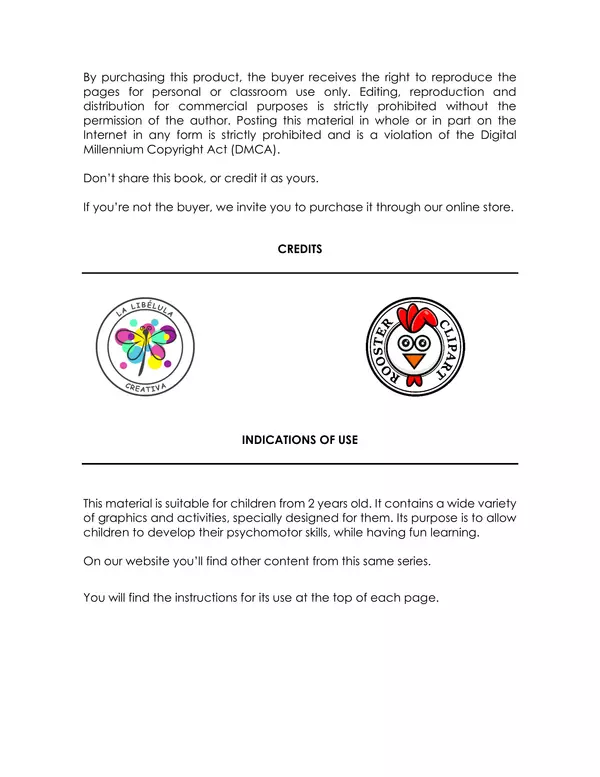
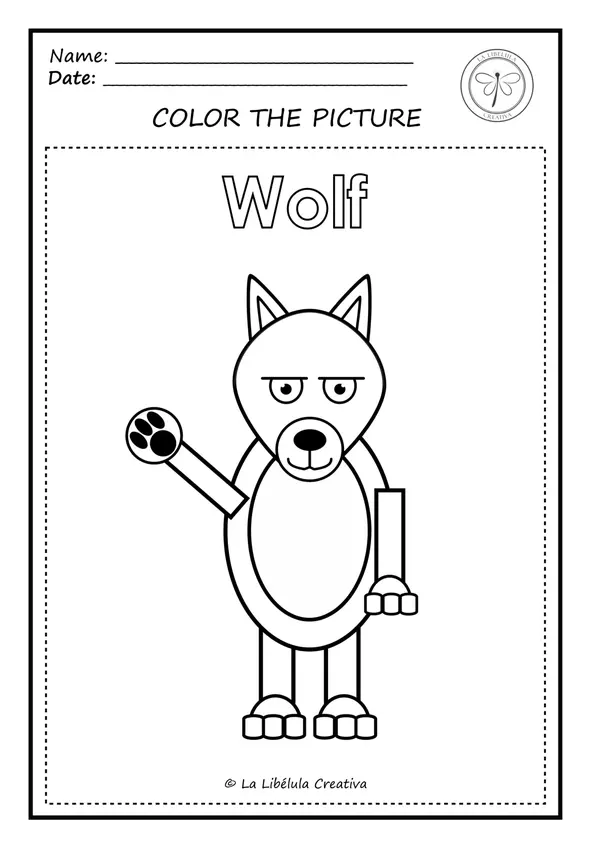
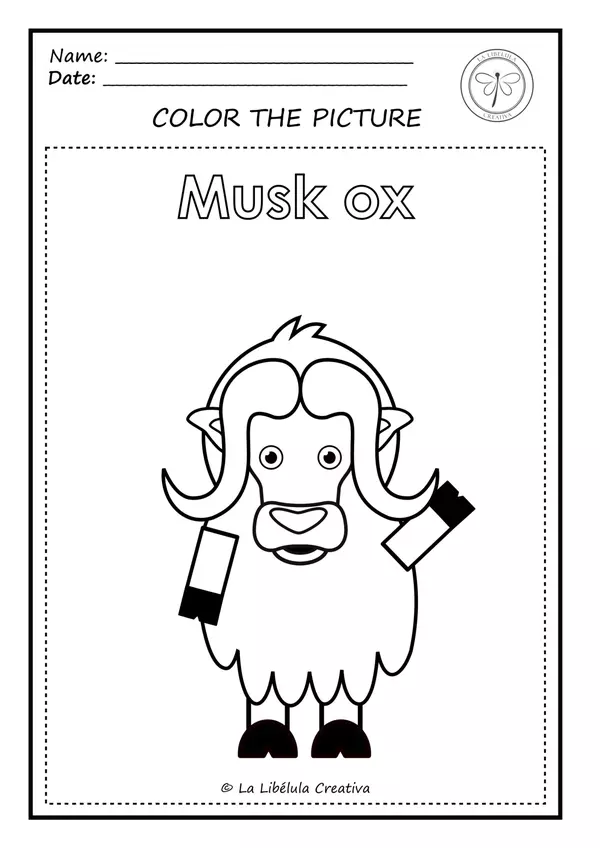
There are no comments yet, write one yourself!